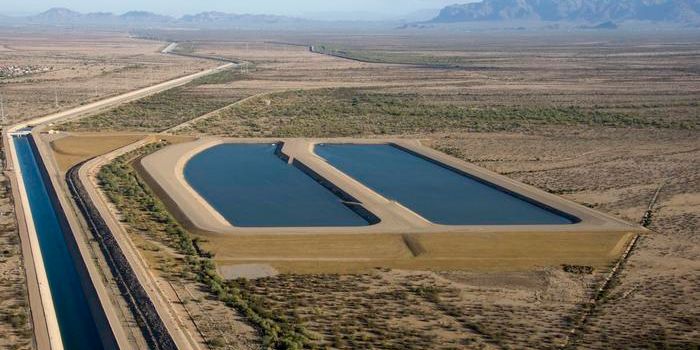What are the impacts of deep sea mining?
A new study, entitled Biological responses to disturbance from simulated deep-sea polymetallic nodule mining, was published in the international journal PLOS ONE recently. The study accumulated all of the pre-existing information regarding deep sea mining simulations in order to determine more concretely the impact that such disturbances might have on marine environments.
Dr Daniel Jones from the National Oceanography Centre (NOC), the lead author of the study, said, "the deep-sea is a remote, cold and dark environment kilometres below the surface of the ocean, yet it is home to a wide variety of marine life, much of which is very poorly understood. This research analysed all available studies on impacts to ecosystems in nodule areas and shows mining for nodule resources on the seafloor is likely to be highly destructive in the mined area, with long lasting impacts. We also think that these studies will underestimate the impacts of mining. Many would not even represent one month's work for a full-scale commercial operation, which might last for twenty years. This study helps provide the best available information on the potential impacts of mining disturbance. This information is important to inform decisions on how these mining activities should be carried out."
To this date, seabed mining has yet to happen, so scientists from the NOC gathered the results of various experiments and came to the conclusion that mining severely reduces the amount and diversity of marine life for a long time. According to Phys, the longest running experiment was assessed twenty-six years after the impact; to this day there is still an obvious disturbance on the sea-floor and both the number of animals and species present in the disturbed area was reduced. While there has been some recovery in the disturbed region, even several decades later few species have returned to previous levels. The implications of this study are far-reaching, as the deep sea research is becoming a more sought after field.
Professor Edward Hill, Executive Director at the NOC commented, "By 2050 there will be 9 billion people on earth and attention is increasingly turning to the ocean, particularly the deep ocean, for food, clean supplies of energy and strategic minerals. The NOC is undertaking research related to many aspects and perspectives involved in exploiting ocean resources. This research is aimed at informing with sound scientific evidence the decisions that will need to be taken in the future, as people increasingly turn to the oceans to address some of society's greatest challenges."
Many companies have been granted exploration licences from The International Seabed Authority, across the central Pacific to a variety of countries, including the UK. It is imperative to understand the impacts that deep sea mining would have on otherwise untouched marine environments before making the irretrievable decision to disturb those regions.
Sources: NOC, Science Daily, Phys











